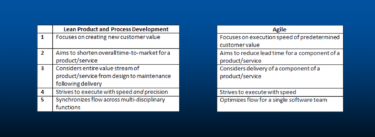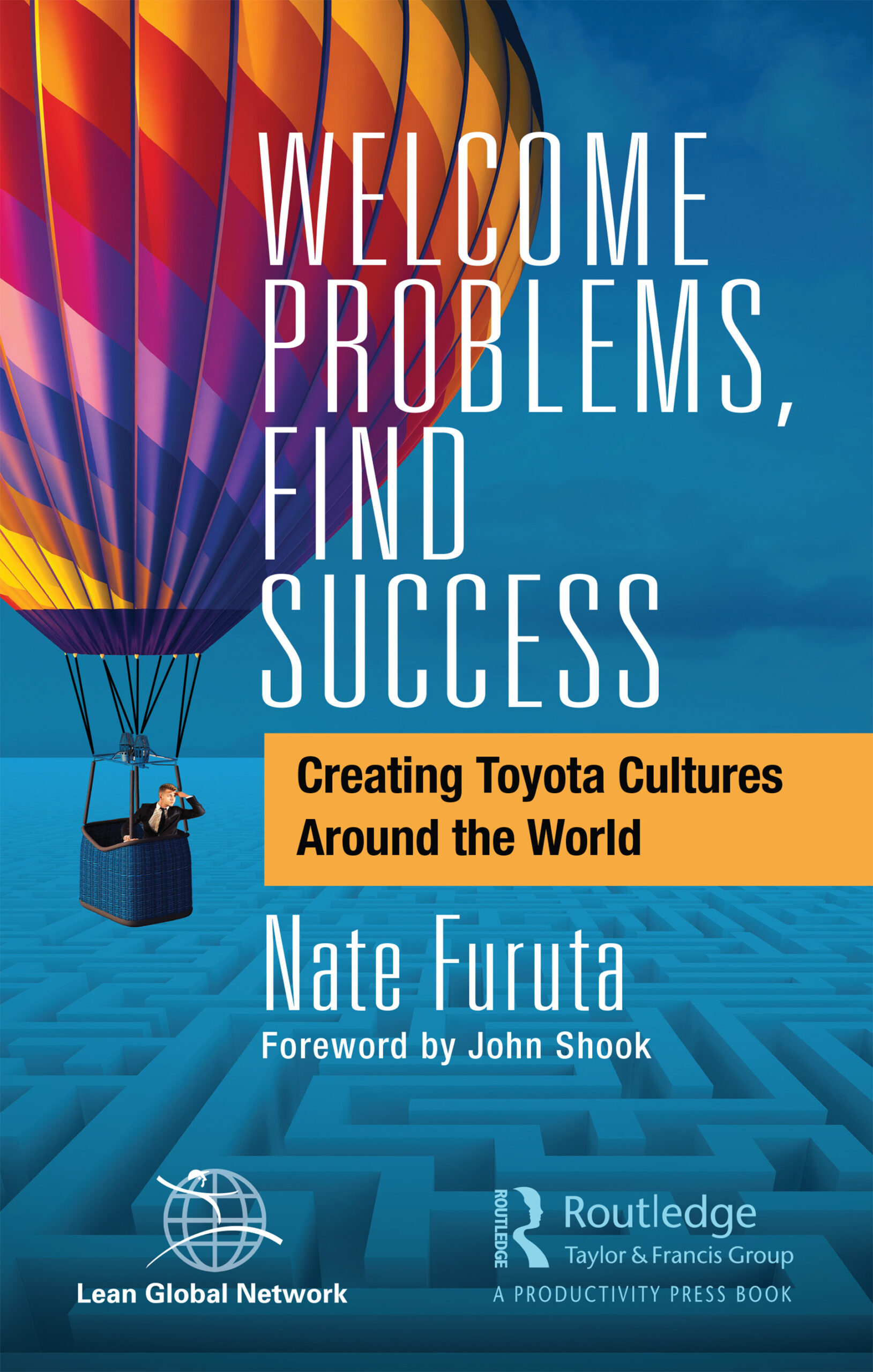We have research showing how lean product and process development (LPPD) improves the cost, quality, revenue, and competitive positions of companies in aerospace, energy, automotive, heavy equipment, and robotics, among other businesses.
But can LPPD, developed in the automotive industry, work in healthcare?
Here to tell us is a former auto engineer who now works in healthcare. Before he became manager of the clinical design and innovation team at Michigan Medicine, Paul Paliani worked for almost 20 years as a manufacturing engineer at General Motors and Ford Motor Company. He talked about applying LPPD principles to healthcare with LEI Communications Director Chet Marchwinski at the annual Designing the Future Summit.
Q: What problem was Michigan Medicine trying to solve when it started a lean product and process development initiative?
Paul: Michigan Medicine has had a relationship with LEI for over 10 years. Dr. Jack Billi here has a good relationship with LEI. So, it was more of an experiment to have LPPD come and work with my team. So [LPPD senior advisor] Jim Morgan and Dr. Billi got together to try it and see if it would work with us.
Q: What were some of the LPPD tools that you used?
Paul: When we started, Matt Zayko was our coach, and the first thing he did was a program development, value-stream mapping session. We wanted to look at our process: How did we actually engage with our customers, and what was our flow like? So we started with that, and they really helped us develop what we call our product development system for clinical design. The next thing they helped us with was our management system or the obeya management system.
Q: What were some of the results?
Paul: Our goal was to try to reduce the amount of time it took us to get through what we call a program. We’ve worked through roughly 15 programs. And we were successful. When we started, it took us about an average of 21 months to get through a program. After we implemented our obeya management system and worked with LPPD, we got that down to about 14 months. But outcome-wise, we’ve had success with clients in colorectal surgery. We helped reduce the length of stay from seven to five days. Readmission rates went from 24% down to 14%. So that’s one example of something successful.
Q: And what’s a program?
Paul: So, it’s a patient’s episode of care. A program would be one type of episode of care such as surgery — a colorectal surgery or a medical condition. If someone has a heart attack, they come to U of M through our emergency department and become an in-patient. The amount of time they spend in our hospital is an episode of care.
Q: What was your reaction when LPPD first came into the healthcare system?
Paul: I was a little bit skeptical, to be honest with you, especially when we started working with obeya. Matt came in and told the team, “Let’s try to manage your programs using paper and sticky notes.”
At our first session, I was probably one of the most skeptical, but after 15 minutes, I actually looked at Matt and said, “You know, I think this is going to work. I think this will work for us.”
It took us about a month to get all of our programs up on our obeya timelines. But after that, my team embraced it, and we’ve been going strong since then.
Q: Was there anything in particular that changed your or your team’s mind?
Paul: I think, quite honestly, it was is that we could see the full landscape of what we were trying to do. We could map out our whole process and work on milestones. Jim Morgan has a great phrase that he taught us. He calls it “traveling hopefully” when you have milestones like a start and an end but little understanding of what happens in between. We’ve really embraced the concept of avoiding traveling hopefully.
Q: Why do you think these LPPD principles came from automotive work into healthcare?
Paul: I think it’s about value. Lean is about creating value from a customer’s point of view. And in healthcare, there’s no difference. Patients want value in their care. So we work on things to improve quality and reduce costs.
Editor’s Note: This Lean Post is an updated version of an article published on July 17, 2020.






